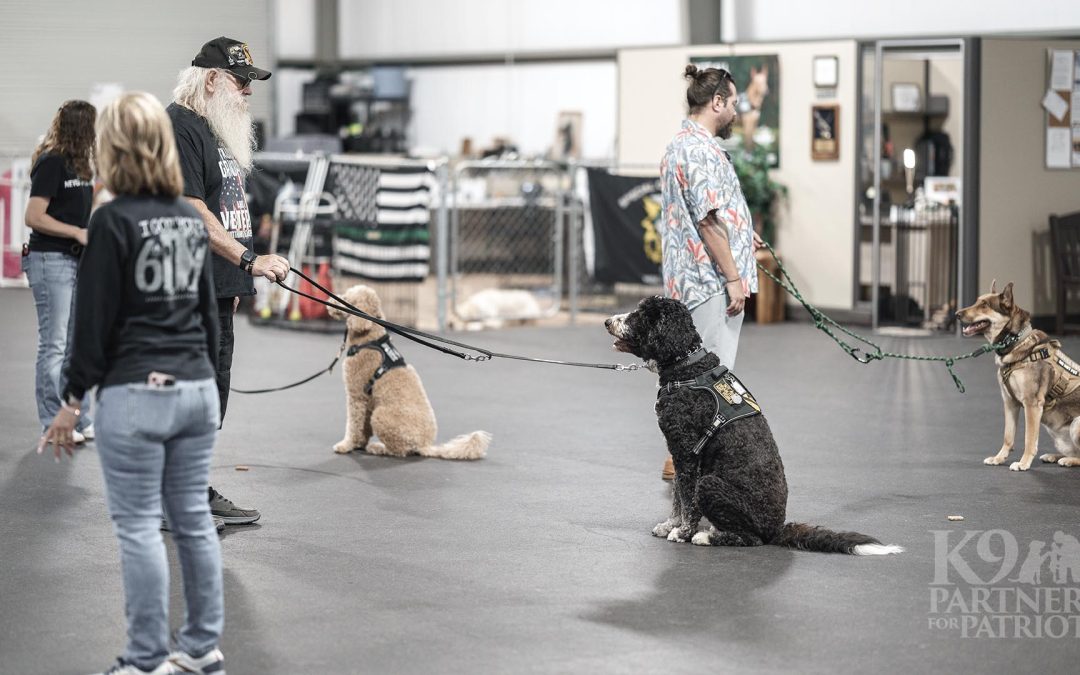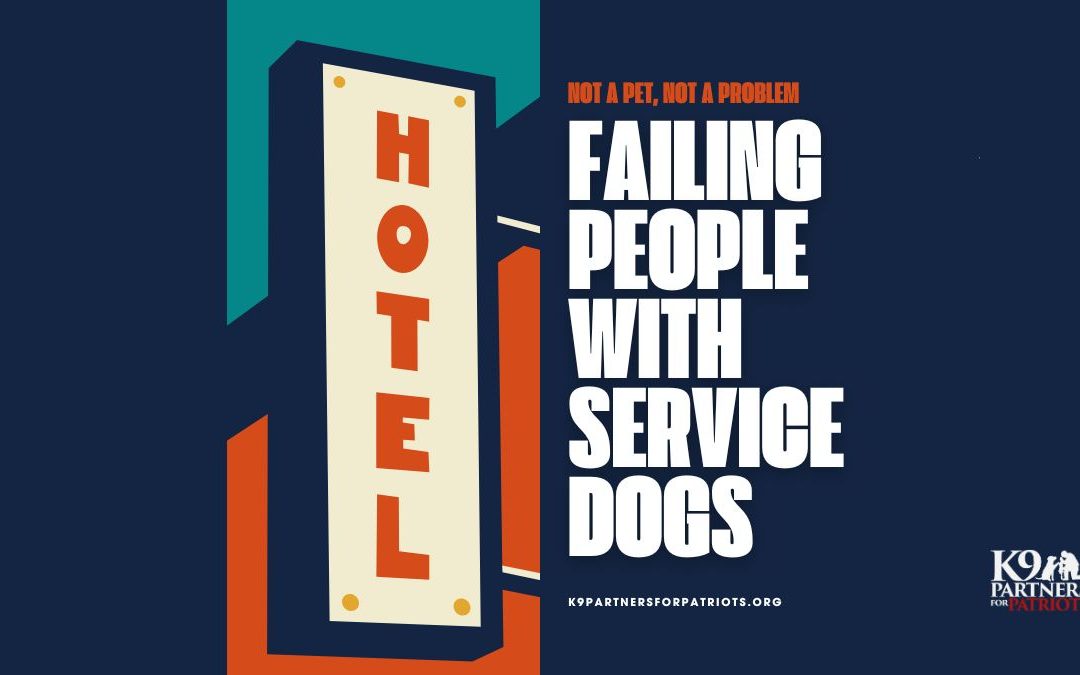Discover the key differences between service dogs, therapy dogs, and emotional support animals. Learn how psychiatric service dogs are specially trained to perform specific tasks that help individuals with PTSD and other mental health conditions.


Discover the key differences between service dogs, therapy dogs, and emotional support animals. Learn how psychiatric service dogs are specially trained to perform specific tasks that help individuals with PTSD and other mental health conditions.

A veteran with a service dog was told to use a side door. Here’s why that’s illegal—and what every hotel needs to know about service dog rights.

Discover why flea markets may not be the best environment for service dogs. Learn about risks, distractions, and considerations for handlers.
Discover the invaluable assistance provided by PTSD service dogs, offering crucial support to veterans managing post-traumatic stress disorder.
A service dog is a specially trained canine companion that helps individuals with disabilities perform tasks they are unable to do on their own.
If you have a service animal, you are not required to provide documentation, certification, or any papers regarding your disability or your service dog.
Invisible injuries like PTSD, Traumatic Brain Injury (TBI), and Military Sexual Trauma (MST) can have a devastating impact on a vet’s family relationships, work, sleep, mental state, and ability to function.
Is it a service dog? Service Dogs are Highly Trained Working Dogs Performing an Important Service for a disability. Not All Disabilities Are Visible.
Is A Service Dog Right for You? A service dog is a serious responsibility and should not be taken lightly.
What’s the Difference between Service Dog, Emotional Support Dog, and Therapy Dog? Some dogs serve very specific purposes.
A hotel guest with a disability who uses a service animal must be provided the same opportunity to reserve any available room at the hotel as other guests without disabilities.
Under the Americans with Disabilities Act, U.S. businesses that serve the public are required to let service dogs go anywhere on the premises that customers are typically allowed, with few exceptions.
Some dogs serve very specific purposes and require special kinds of training to be able to work and provide the assistance their handler needs, 24/7.